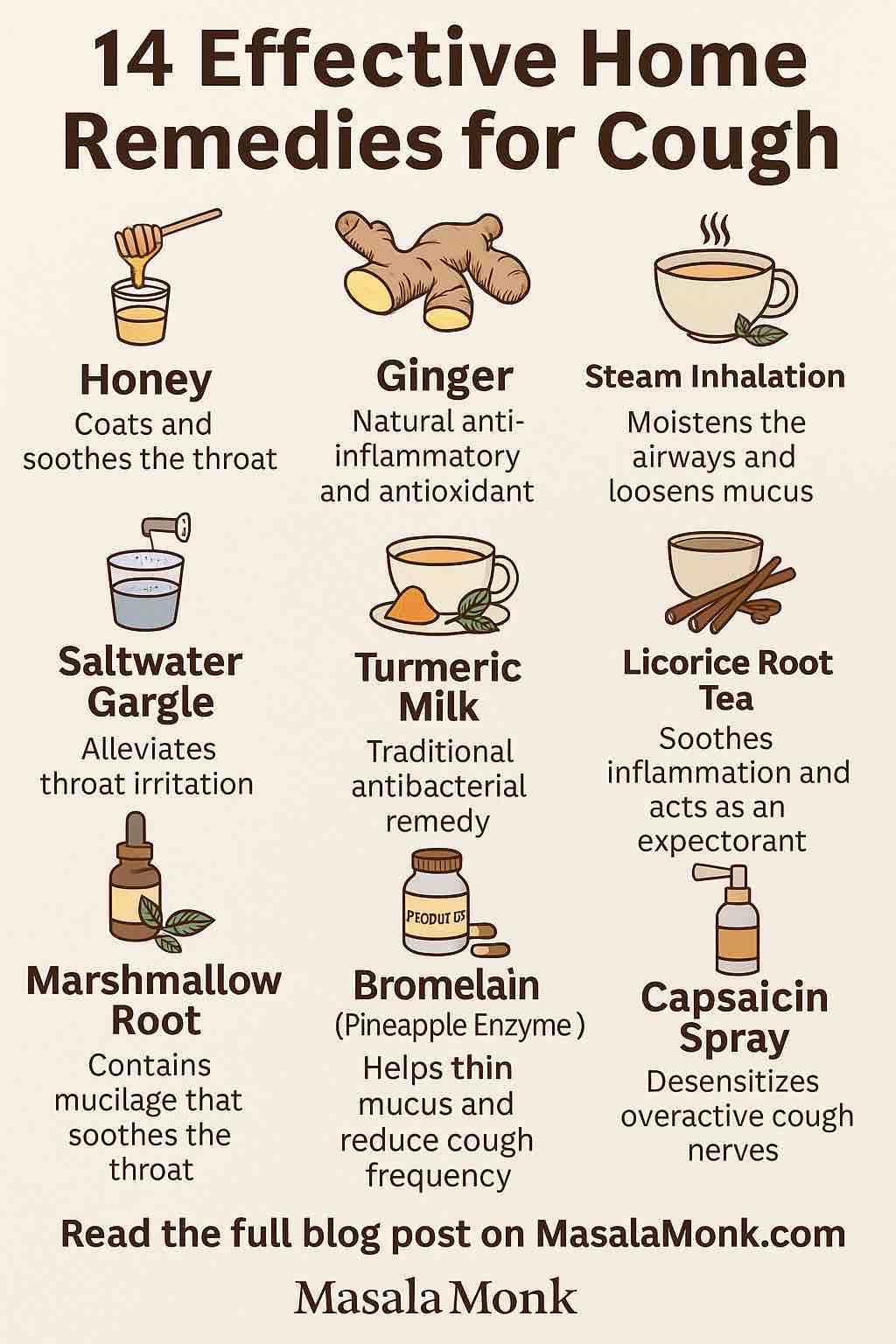
For centuries, mustard oil has been a staple in South Asian kitchens and medicine chests. The pungent aroma, the golden hue, the unmistakable flavor—mustard oil is more than just a cooking medium. It’s part of tradition, culture, and even home remedies. But what does modern science say about this ancient oil? Is it as healthy as our grandmothers claimed, or are there risks lurking beneath its spicy allure?
In this blog, we’ll peel back the layers on mustard oil: exploring its benefits, the latest research—including some surprises from 2024—and practical ways you can use it safely and effectively in your life.
What Is Mustard Oil?
Mustard oil is extracted from the seeds of the mustard plant (Brassica juncea, Brassica nigra, or Brassica alba). There are two main types:
- Expressed mustard oil: The pungent, edible oil used for cooking, massage, and traditional remedies.
- Essential mustard oil: A concentrated extract mainly used for flavoring or as a topical agent.
What sets mustard oil apart is its unique composition: it contains a mix of monounsaturated (MUFA), polyunsaturated (PUFA), and saturated fats, plus a powerful bioactive called allyl isothiocyanate (AITC)—responsible for both its bite and some of its health effects. However, it also contains a controversial compound: erucic acid.
7 Practical Benefits of Mustard Oil (with Science!)
1. Heart Health: Good Fats with a Caveat
Mustard oil is rich in unsaturated fats—especially omega-3 (alpha-linolenic acid, ALA) and omega-6 fatty acids. Studies suggest that these healthy fats can help reduce “bad” LDL cholesterol and boost “good” HDL cholesterol, supporting cardiovascular health. Some research shows regular users have a lower risk of heart disease compared to those using saturated fats like ghee or butter.
Practical Tip: If you’re switching from butter or palm oil to mustard oil (in moderation), you’re likely making a heart-healthy move—provided you use pure, cold-pressed oil.
2. Antimicrobial and Antifungal Power
That pungent bite isn’t just for show. Allyl isothiocyanate (AITC) in mustard oil has proven antibacterial and antifungal effects. In lab studies, it inhibits the growth of common pathogens like E. coli and Staphylococcus aureus. This property makes it popular for traditional wound care and for treating minor skin infections.
Practical Tip: Mustard oil can be dabbed (in diluted form) on minor cuts or mixed with coconut oil for a natural antifungal foot rub. Always do a patch test!
3. Anti-inflammatory Effects
Mustard oil’s natural anti-inflammatory compounds—AITC, omega-3s, selenium—make it a favorite for massage in Ayurvedic and Unani medicine. It’s often used to relieve joint pain, muscle soreness, and even symptoms of arthritis.
Practical Tip: Warm the oil slightly and massage into aching joints or muscles for soothing relief, but avoid using on broken skin.
4. Glowing Skin and Strong Hair
It’s no secret in India and Bangladesh: mustard oil is a beauty powerhouse. The vitamin E in the oil protects skin from free radical damage, locks in moisture, and can help treat mild scalp infections or dandruff.
Practical Tip: For hair, massage a small amount into your scalp, leave for 30–60 minutes, then shampoo. For skin, blend with a lighter oil to avoid irritation.
5. Digestive Boost
A little mustard oil in your food may actually aid digestion. It’s believed to stimulate the production of digestive juices and bile, helping your system break down food efficiently.
Practical Tip: Use mustard oil to sauté spices at the start of curries or stir-fries—not only for flavor, but for a digestive edge.
6. Respiratory Relief
Chest congestion? In many households, a mustard oil chest rub (sometimes with a pinch of salt or camphor) is a go-to remedy for colds and coughs. The pungency of the oil, when gently heated and massaged onto the chest or inhaled as steam, may help open airways and reduce congestion.
Practical Tip: For adults, mix warm mustard oil with a bit of camphor and rub on the chest and back. Avoid this in infants and always patch-test first.
7. Emerging Research: Metabolism and Neuroprotection
Recent animal studies (2023–2024) indicate mustard oil might improve insulin sensitivity and reduce inflammation in diabetic models. Some evidence also hints that erucic acid—a once-feared compound—could have neuroprotective roles, potentially helping with nerve repair. Human trials are still limited, but these findings are intriguing for those looking at functional foods.
Practical Tip: If you have diabetes or metabolic syndrome, talk to your doctor about using mustard oil as part of a broader dietary approach—never as a sole intervention.
What’s New? Latest Scientific Discoveries (2023–2025)
Thrombocytopenia (Low Platelet Count)
A striking 2024 study from Bangladesh found that people who regularly consumed mustard oil were significantly more likely to have low platelet counts. However, these individuals did not show symptoms of bleeding. The link appears to be associated with erucic acid, but more research is needed to know if this is a concern for everyone or only certain populations.
Neuroprotective Potential
Recent reviews have started to re-examine erucic acid’s reputation. While high doses can cause heart issues in animals, some studies suggest it may support nerve myelin repair and offer antioxidant benefits in the brain—a new angle that could change how we view this traditional oil.
Microbiome and Digestion
Cutting-edge studies indicate that mustard oil might promote the growth of friendly gut bacteria, particularly certain Lactobacillus species, further supporting digestive and immune health.
📝 Summary of Latest Findings
| Benefit/Risk Area | Latest Insight (2024–25) |
|---|---|
| Erucic Acid Effects | Still no human cardiotoxic proof; potential neurological benefits under study |
| Metabolic Health | Animal data support improved insulin/reduced glucose |
| Platelet Count | Linked to thrombocytopenia in one human population study |
| Inflammation & Lungs | AITC reduces inflammation; supports decongestion |
| Neuroprotection | Erucic acid may aid myelin repair and antioxidant defense |
| Gut Microbiome | Promotes beneficial Lactobacillus growth |
| Regulation & Safety | High erucic acid content keeps many countries restricting its dietary use |
Risks and Safety: What You Need to Know
Erucic Acid: The Controversy
Erucic acid, present in high levels in traditional mustard oil, has been shown to cause heart and liver issues in animals when consumed in excess. This led to regulatory restrictions in the US, Canada, and Europe. However, many South Asian communities use mustard oil daily with little apparent harm—likely due to moderation and dietary context.
- Regulatory Status: In the US, expressed mustard oil is not permitted for cooking; only essential oil (as a flavor or external agent) is allowed. In India and Bangladesh, edible mustard oil is regulated and widely used.
- Adulteration Concerns: Always choose reputable brands. Past food safety crises have involved contaminated or adulterated oils.
Allergic Reactions and Skin Sensitivity
Mustard oil is potent and can cause skin irritation or allergic reactions in some people, especially if used undiluted. Always patch-test before using on skin.
How to Use Mustard Oil Safely and Deliciously
For Cooking
- Heat to Smoking Point: Mustard oil should be heated until it just starts to smoke, which removes the raw taste and some of the pungency. This is called “smoking the oil” and is essential in Indian cooking.
- Use in Moderation: Combine with other healthy oils if you have cardiovascular risk factors or are concerned about erucic acid.
For Massage
- Dilute with Lighter Oils: Especially for sensitive skin, mix with coconut, olive, or almond oil.
- Warm Slightly: Test temperature before applying to skin.
For Hair and Skin
- Blend with Carrier Oils: To reduce risk of irritation.
- Short Contact: Leave for 30–60 minutes before washing off.
Final Thoughts
Mustard oil is a remarkable traditional oil—rich in history, flavor, and unique health effects. The latest science suggests that, for most people, moderate use of pure, cold-pressed mustard oil is both safe and potentially beneficial. However, it isn’t risk-free. Stay informed, use trusted brands, and balance it within a varied, wholesome diet.
Have a favorite mustard oil recipe, or a family remedy that works wonders? Share your stories below—let’s keep the conversation spicy and smart!
For medical questions, always consult a healthcare professional.
10 FAQs about Mustard Oil
1. Is mustard oil safe for everyday cooking?
Answer:
Yes, mustard oil is safe for everyday cooking in regions where it is regulated as edible, like India and Bangladesh. If you live in a country where expressed mustard oil isn’t approved for cooking (like the US), look for “edible grade” on the label and use only as recommended. Always use in moderation due to its high erucic acid content.
2. What are the main health benefits of mustard oil?
Answer:
Mustard oil supports heart health, may lower cholesterol, has antimicrobial and anti-inflammatory effects, and is great for skin and hair. It can also promote digestion and has emerging evidence for supporting metabolic and neurological health.
3. Why is erucic acid in mustard oil controversial?
Answer:
Erucic acid, found in high concentrations in traditional mustard oil, was linked to heart issues in animal studies at very high doses. Human evidence is less clear, but some countries regulate or restrict mustard oil to minimize potential risk. Newer research is also exploring possible health benefits of erucic acid, especially for the nervous system.
4. Can I use mustard oil for baby massage?
Answer:
Mustard oil is a traditional baby massage oil in many cultures. However, some babies have sensitive skin or allergies. Always do a patch test first and consult your pediatrician before regular use.
5. How should I store mustard oil to keep it fresh?
Answer:
Store mustard oil in a cool, dark place away from direct sunlight, in a tightly sealed bottle. This helps preserve its flavor and prevents oxidation.
6. Does mustard oil help with hair growth or dandruff?
Answer:
Many people report improved scalp health, less dandruff, and shinier hair after using mustard oil. Its vitamin E and antifungal properties may support scalp and hair health, though scientific studies are limited.
7. Can mustard oil cause skin irritation?
Answer:
Yes, mustard oil can cause irritation or allergic reactions in some people, especially if applied directly to the skin. Always do a patch test or dilute with a lighter carrier oil before use.
8. What should I look for when buying mustard oil?
Answer:
Look for cold-pressed, unadulterated, food-grade (edible) mustard oil from a reputable brand. Check the label for “edible grade” if you plan to use it in food, and avoid oils with artificial colors or additives.
9. Is mustard oil good for people with diabetes?
Answer:
Some animal studies suggest mustard oil may improve insulin sensitivity and lower blood sugar. While promising, human studies are still needed. Diabetics should use mustard oil as part of a balanced diet and consult their healthcare provider.
10. Are there any groups of people who should avoid mustard oil?
Answer:
People with known mustard allergies, certain blood or liver disorders, or low platelet counts should be cautious. Pregnant women and those with sensitive skin should consult their doctor before using mustard oil regularly.











